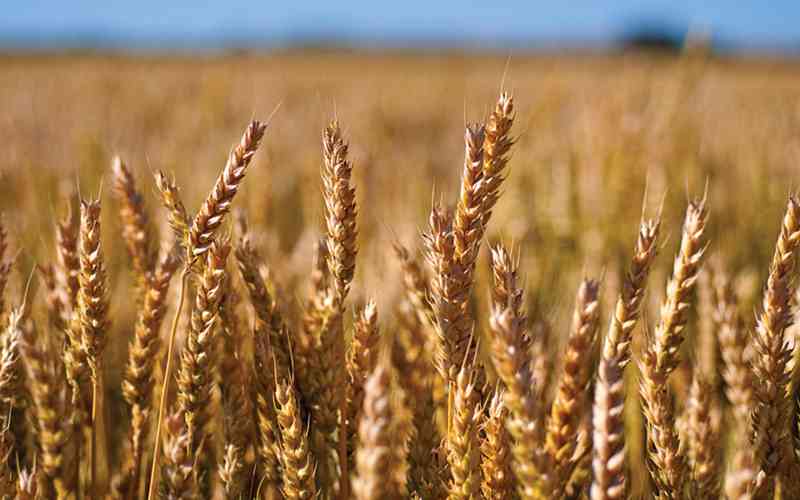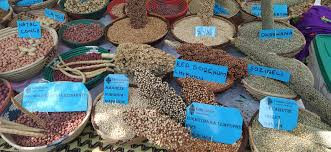
VICTORIA FALLS Stock Exchange-listed food processor National Foods has revealed that trading has so far been frustrated by the surge in global wheat prices and a cocktail of measures put in place by the government to curb galloping inflation and exchange rate disparities.
In its financial results for the half year ending December 31, 2022, the company said from a trading perspective, the period was a challenging one for the group, impacted mainly by global wheat price increases which significantly dampened demand in the flour and flour-related categories as well as various market adjustments following what it called “the drastic, but necessary policy interventions which occurred in May and June 2022”.
The policy interventions put in place by the government during that period included an increase in interest rates from 80 to 200% as well as a temporary ban on bank lending.
“Volumes saw a disappointing decline of 9% to 275 000 tonnes, driven largely by the flour unit. In spite of the lower volumes, revenue increased by 8% to US$167 million, a reflection of higher global commodity prices, which impacted the cost of all of our major raw materials with the exception of rice. Operational expenditure disappointingly increased by 5% compared to last year, as many cost lines increased in real terms with the increased use of US$ in the economy,” National Foods said.
Earnings before interest, taxes, depreciation and amortisation at US$13,96 million was 16% below last year, with the result at profit before tax level being heavily impacted by net interest costs of US$3,3 million incurred on Zimbabwe dollar debt in the first quarter.
“Interest rates were increased to 200% per annum for the quarter, and the high costs were incurred as we took measures to swap our expensive Zimbabwe dollar debt for US$ debt. The group’s statement of financial position remains solid,” the company revealed.
It revealed that during the period there was a significant reduction in working capital, from US$45,3 million at the end of June to US$35,5 million at the end of December.
“This largely contributed to the strong cash generation for the period, which enabled the on-going settlement of our capital expenditure while maintaining gearing at very moderate levels. At the end of the period net debt stood at US$0,69 million,” the food processor revealed. “The group will continue to focus closely on the optimisation of working capital, with the objective of funding the on-going aggressive capital expenditure programme with relatively moderate levels of debt.”
- ‘Inflation could shoot to 700% by April next year’
- New perspectives: Inflation control critical for economic growth
- Inflation spike: Why interest rates aren’t the answer
- Village Rhapsody: Govt must ensure that devolution works
Keep Reading
On the milling volumes for its flour unit, the company reported a decrease by 20% compared to the same period last year, driven largely by significant increases in the price of wheat on the back of the Ukraine/Russia conflict.
The company said imported wheat prices increased to as high as US$600 per tonne during the period, well above “normal” levels of US$400-US$450 per tonne.
It noted that during the first quarter, bread prices breached the key US$1 per loaf price, before falling to US$1 per loaf in the second quarter as wheat prices began to decline.
“This led to reduced bread consumption as bread was substituted by favourably priced alternative starches such as rice,” the food processor said. “Heading into the second half, wheat prices have declined somewhat but remain at elevated levels. Accordingly, we see a partial but not full recovery of volumes in the second half.”
The company said the installation of a new mill at its Bulawayo site remained on track for commissioning this month. The new mill will increase wheat milling capacity by an additional 2 000 tonnes per month.











